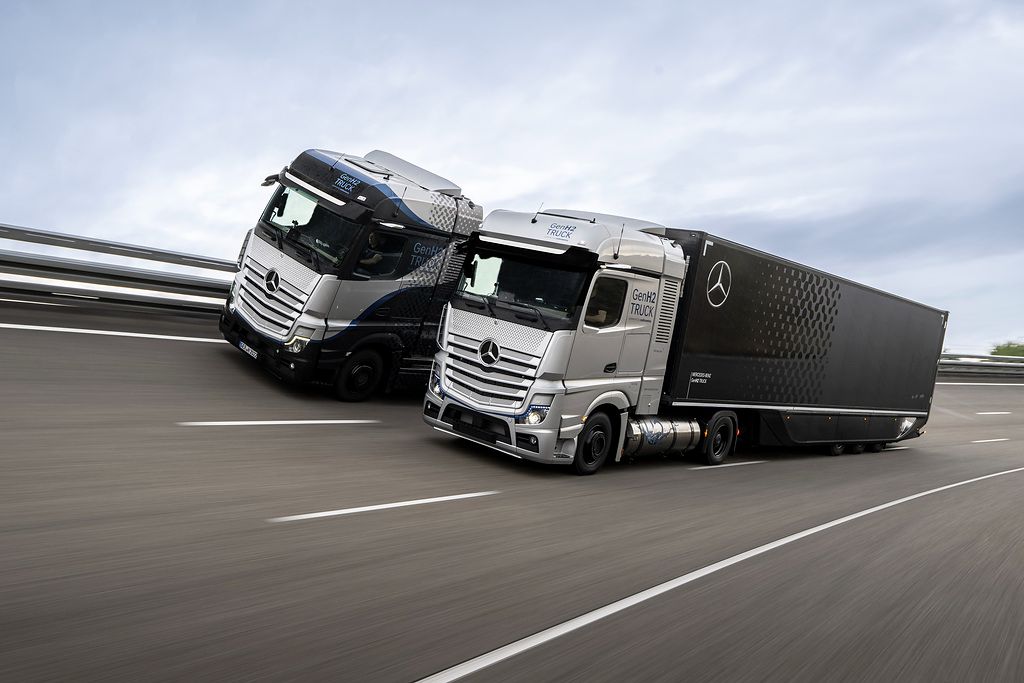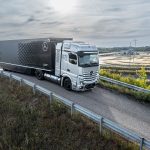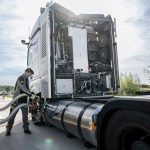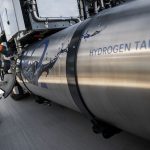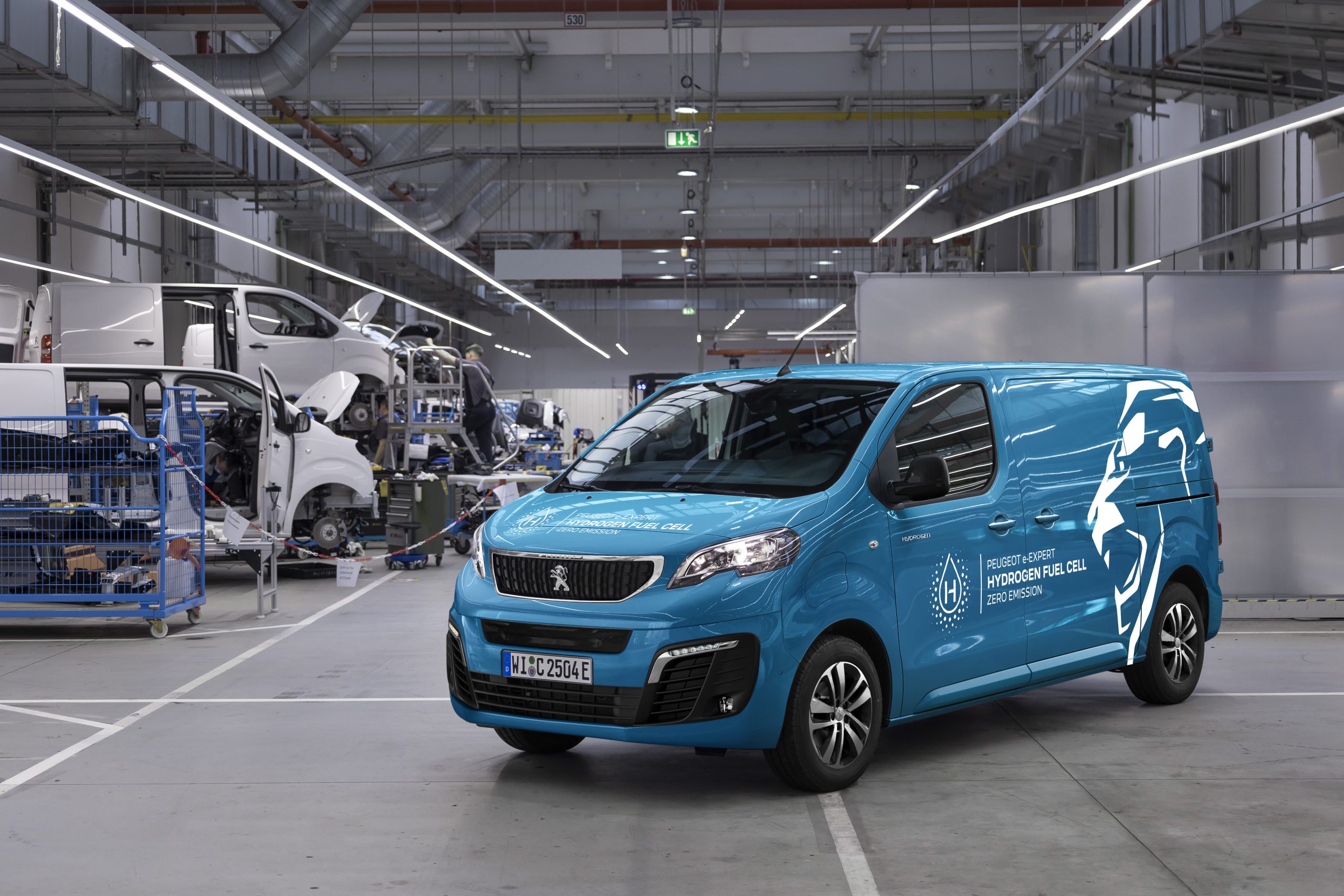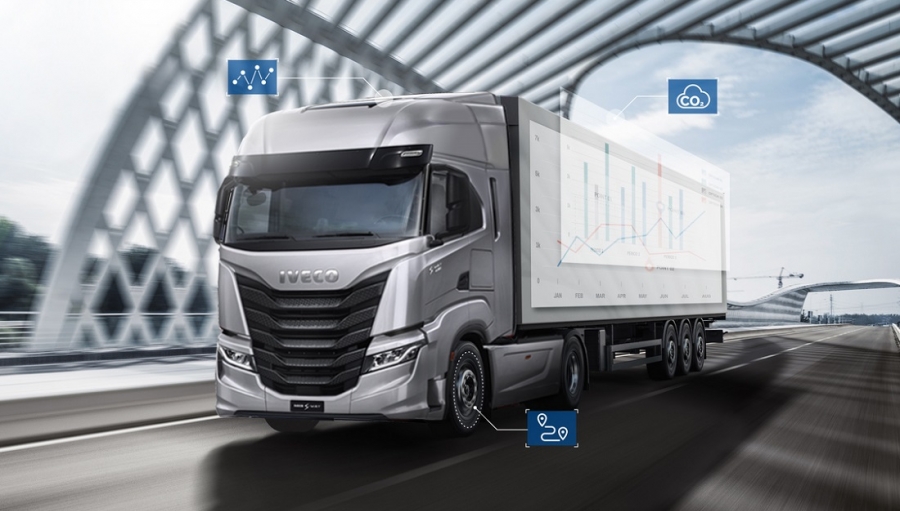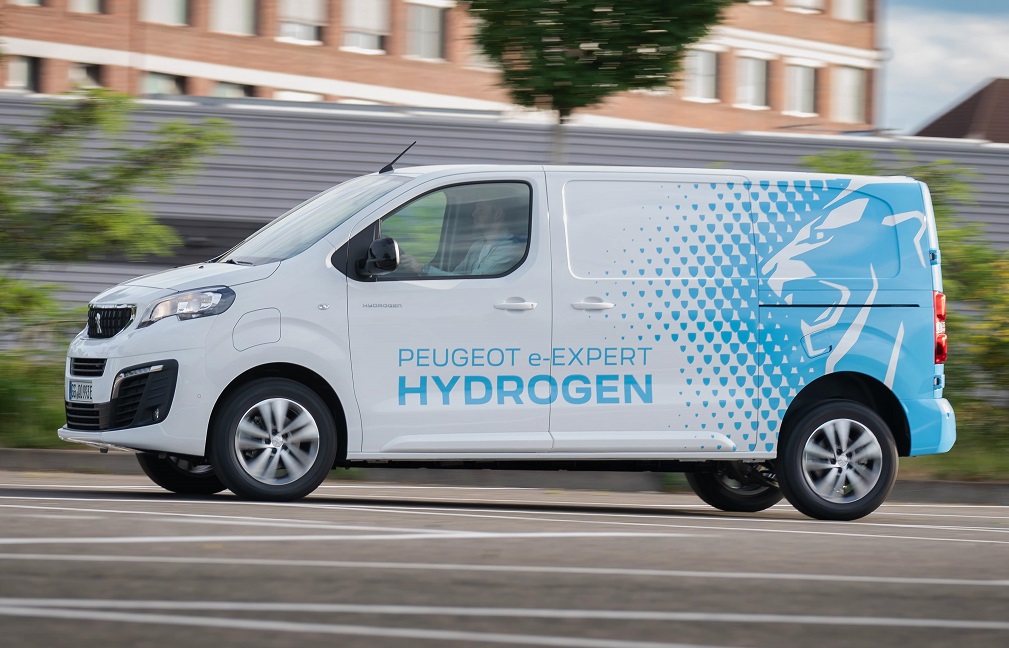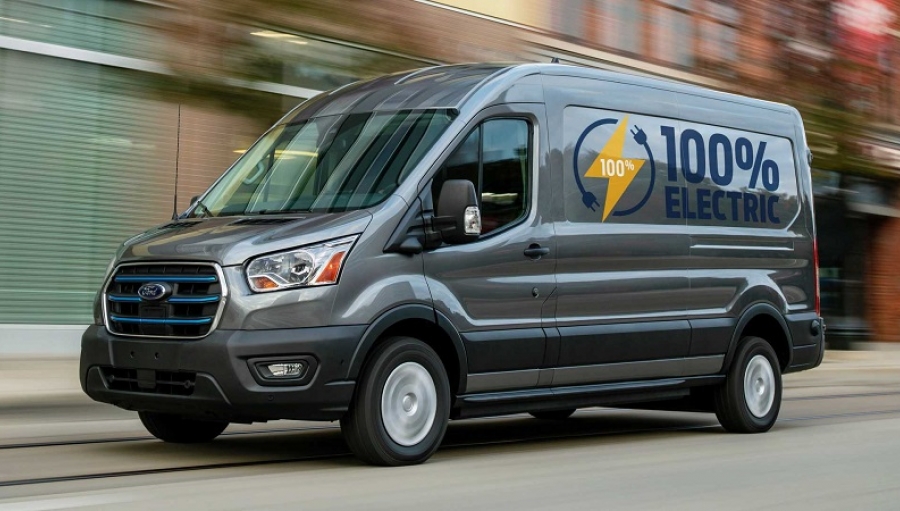Daimler Truck has reached its milestone towards sustainable transportation with hydrogen-based propulsion. Since last year, the fuel cell prototype of the Mercedes-Benz GenH2 truck has been undergoing intensive testing both on the internal test track and on public roads.
Daimler Truck is now putting another prototype into operation to test the use of liquid hydrogen (Liquid-Hydrogen/LH2) in Worth am Rhein, Germany. This test also received support from the German government, namely Daniela Schmitt as the Minister of Economy of the Rhineland-Palatinate.
A newly installed prototype filling station at the development and test center in Wörth can serve as liquid hydrogen refueling. Previously, Daimler Truck had celebrated its first success in building a liquid hydrogen refueling (LH2) for trucks together with Air Liquide.
See also: Daimler Will Only Sell Electric and Hydrogen Buses by 2030
During the refueling process, cryogenic liquid hydrogen at minus 253 degrees Celsius will be filled into two 40 kg capacity tanks mounted on either side of the truck chassis. Thanks to the vehicle’s excellent tank insulation, hydrogen can be stored at temperature for a sufficiently long time without active cooling.
One of the reasons Daimler Trucks prefers liquid hydrogen LH2 in the development of hydrogen-based drives is that the energy carrier will have a much higher energy density in terms of volume compared to gaseous hydrogen.
As a result, with more liquid hydrogen carried, it will significantly increase range and enable vehicle performance comparable to conventional diesel trucks.
The goal of developing this GenH2 Truck is to achieve a range of up to 1,000 kilometers and even more. This makes the truck suitable for flexible and demanding applications, especially in the critical segment of heavy-duty long-distance transportation. The start of serial production for these hydrogen-based trucks is planned for the second half of the decade.
At the same time, Daimler Truck is working with Linde on the development of a new process for handling liquid hydrogen (sLH2). This innovative approach enables higher storage densities and easier refueling compared to the LH2.
The company plans the first refueling of prototype vehicles at a pilot station in Germany in 2023. Daimler Truck and its partners are planning a high degree of transparency and openness around the relevant interfaces of the co-developed sLH2 technology.
The goal is to collaborate with other companies and associations to develop their own vehicle and fueling technologies that implement new liquid hydrogen standards and thereby establish a global mass market for the new process.
In terms of infrastructure for hydrogen filling stations along important transportation routes in Europe, Daimler Truck plans to work closely with companies Shell, BP and TotalEnergies.
In its journey towards a CO2 neutral future, Daimler Truck has clearly defined its strategic direction and is consistently pursuing a dual track strategy in electrifying its portfolio with battery-electric and hydrogen-based drives. Its ambition is to offer only new, carbon-neutral vehicles to operate in its global core markets by 2039.
Photos Gallery

